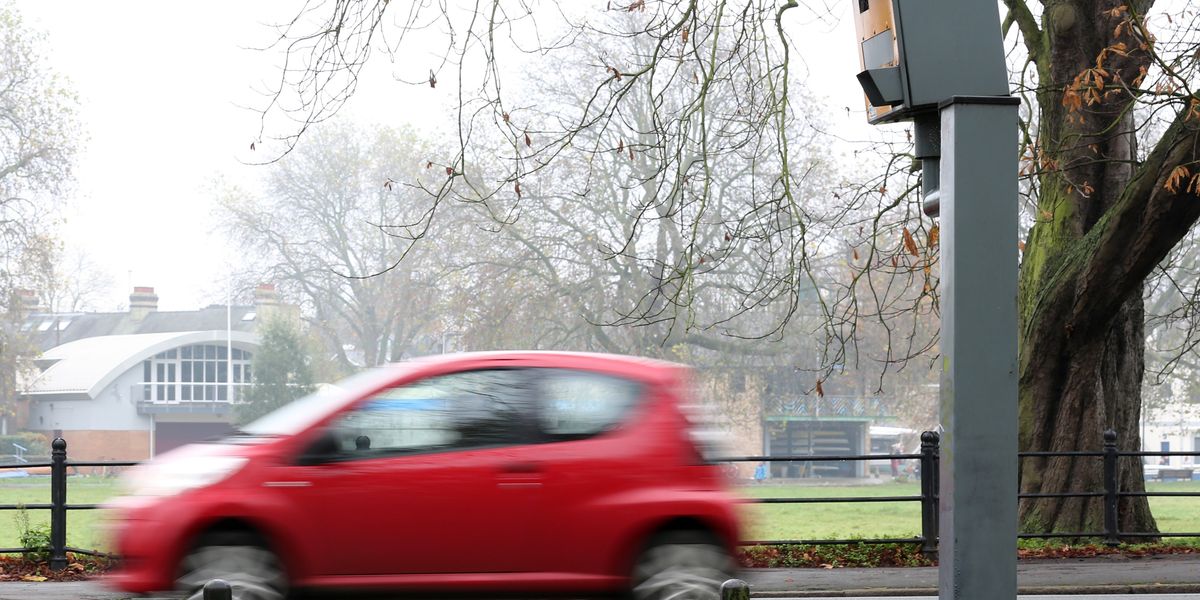People in Birmingham have been threatened with a huge council tax rise and reduced services in the new year as the bankrupt authority tries to get a grip of its finances.
In the latest update published this week on their financial position, Birmingham City Council have been recommended to request permission from the government to hike council tax above the maximum 4.99 per cent.
Interim Director of Finance at the council, Fiona Greenway, made the recommendation in the report after revealing £150million worth of savings for the next year had been found so far, with £72.8million coming from ‘Service Reduction’.
In a report last month, the council revealed it has a forecasted budget gap of £164.8million in 2024/25, rising to £177.1million in 2025/26.
Birmingham city council’s finances
GB NEWS
The local authority declared bankruptcy in September after it was announced they had an £87million deficit for 2023, on top of an Equal Pay liability of up to £750million.
Presented to the Birmingham City Council Cabinet meeting today, the report recommends “the Leader of the Council and the Chief Executive, together with the Section 151 Officer, submit a formal written request to the Department for Levelling Up, Housing and Communities for extraordinary financial support to allow the Council to deliver a balanced budget for the 2024/25 financial year”.
Specifically, it’s recommended it should seek permission to increase the Council Tax level and enter a formal application for “Capitalisation Direction” – a collection of ways for increasing financial flexibility which includes borrowing.
Greenway also reports: “The Council is currently in a position where it is unable to set a lawfully balanced budget”.
Reacting to the latest financial position, Leader of the Opposition at Birmingham City Council, Conservative Councillor Robert Alden, called the Labour administration at the council “disgraceful”.
He said: “This is a truly tragic day for Birmingham residents. This finance report lays clear the impact of 11 years of Labour rule on our great city.
“It confirms Birmingham Labour are planning to set an unlawful deficit budget and it confirms that the Labour Cabinet plan to increase Council tax far beyond the current referendum limit of 5 per cent, on top of the fact they have already increase it by around 46 per cent since they took control in 2012.
“It is now clear no service from the Council, no asset or community facility and no Council Tax bill is safe from this predatory Labour administration who have spent a year fiddling their fingers while they watched Birmingham City Council burn.
“Brummies can’t afford another minute of this disgraceful administration”.
One cost which, with Cabinet approval, could hit residents in the new year is the proposed 20 per cent increase to Garden Waste charges from £50 to £60. It’s thought the change would raise an additional £1.2million of income in 2024/25.
Leader of Birmingham City Council, Councillor John Cotton, says his cabinet remains “focussed” on the work to be done.
He said: “I’ve been clear that the council must change. We face some painful financial decisions in the coming months, and we must be absolutely transparent about the situation the council is in.
“Work is already underway to transform the council, but it is clear that we must work harder than ever before to bring about the changes that we need to see, to build a better council for our workforce and the 1.2 million citizens of Birmingham.
“We need to reset our finances, reset how we deliver our services, and reset the relationship with our residents, partners and staff. There can be no let-up in this work and the cabinet and leadership team will remain focussed on working with commissioners to get the council on a road to improvement.”
Government commissioners were sent in October to help the council get to grips with their finances for the next five years. In their latest comments, they said the local authority were in an “extremely serious and challenging” position.
The Commissioners said: “Capitalisation is not a solution to the financial crises. The bigger the budget gap, and thus required capitalisation, the more assets the Council will need to sell.
“Commissioners have requested that by the 7th January, the Council has a credible plan to meet the c.£300million two year savings target. This is achievable.”












